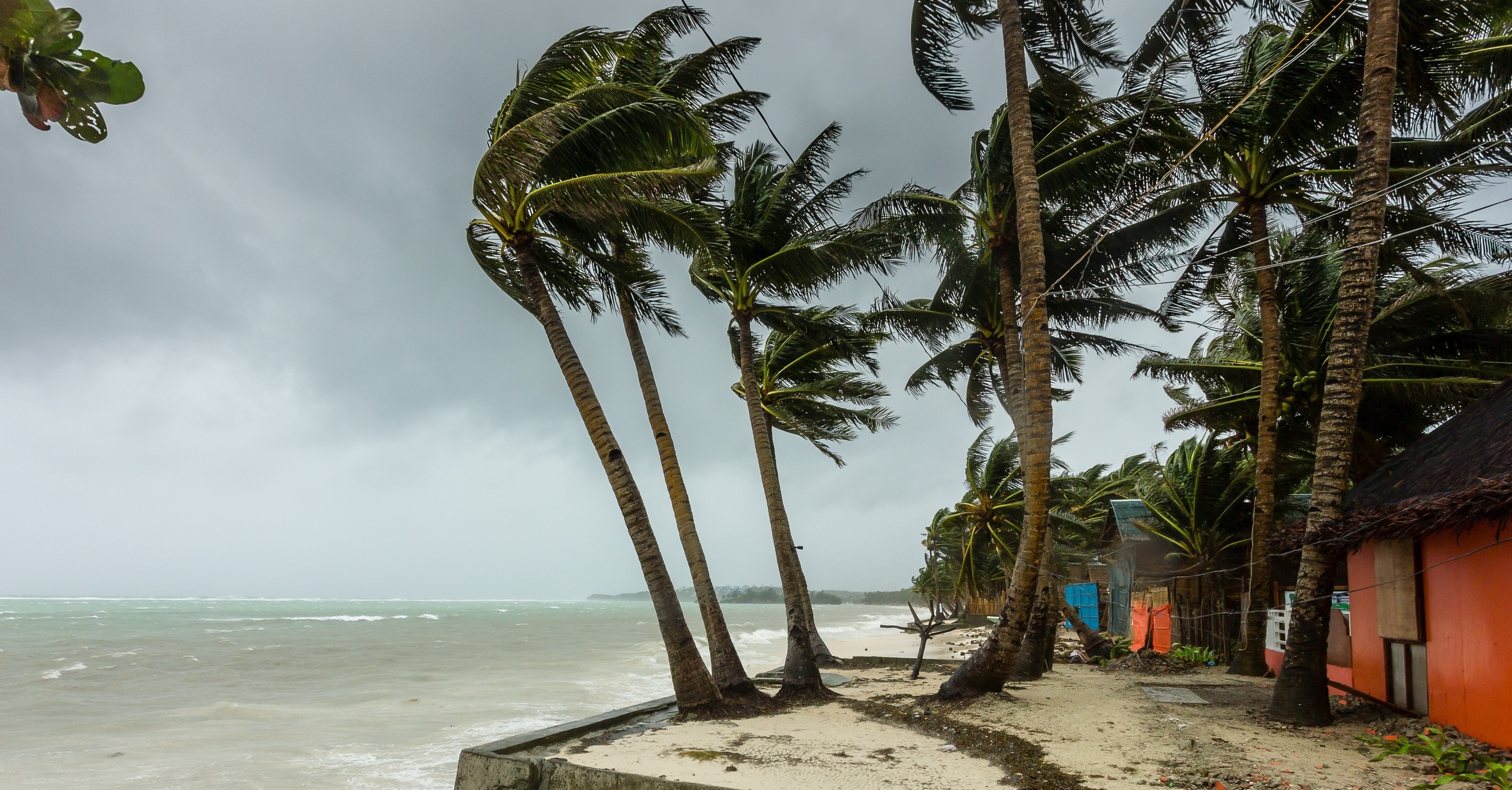WCSSP Southeast Asia
The Weather and Climate Science for Service Partnership Southeast Asia is a collaborative initiative between research institutes in the UK and the Philippines, Malaysia, Indonesia and Vietnam.
What is the Weather and Climate Science for Service Partnership Southeast Asia?
Launched in 2016, the Weather and Climate Science for Service Partnership Southeast Asia (WCSSP Southeast Asia) is a collaborative project that aims to develop and improve global and regional forecasting systems and advance the understanding of high-impact weather such as heavy rainfall events and tropical cyclones in Southeast Asia.
The WCSSP Southeast Asia project is part of our Weather and Climate Science for Service Partnership (WCSSP) programme.
Who is involved in the project?
WCSSP Southeast Asia is a regional project with equitable collaborations between the UK and the Philippines, Malaysia, Indonesia and Vietnam. Institutes involved in the project include:
- The Philippine Atmospheric, Geophysical and Astronomical Services Administration
- The National Disaster Management Agency in Malaysia
- Badan Meteorologi Klimatologi dan Geofisika Indonesia
- The Vietnam Meteorological and Hydrological Administration
UK academic partners include the National Centre for Atmospheric Science, University College London, University of East Anglia, University of Leeds and the University of Reading.
UK research institutes can find out about research calls and how to get involved in the project on our fund management page.
Why is this research important?
The damage and loss of life caused by severe weather in Southeast Asia is a significant barrier to the continued economic development and welfare of the citizens of the countries in the region. There is a need for improved modelling of high impact weather, improved interpretation of models, and the delivery of improved forecasting advice to disaster management communities. Addressing these needs through collaborative research with UK partners will lead to enhanced capacity of each partner organisation to deliver timely, accurate and clear warnings of high impact weather. This will allow preparations for an event to be made earlier, in more targeted locations and with better knowledge of the potential impacts.

Current research areas
Understanding the meteorology of the region
This research focuses on understanding how large-scale weather phenomena, such as tropical waves, the Madden-Julian Oscillation and the development processes in tropical cyclones, influence high impact weather events in Southeast Asia. Improving the simulation of these events in forecasting models, could lead to earlier warnings of high impact weather events.
Regional scale science and modelling
WCSSP Southeast Asia is developing state-of-the-art modelling systems over Southeast Asia. This includes new convective-scale forecast models which offer improved forecasts of extreme weather events compared to current global models. The new modelling systems will allow researchers on the project to work collaboratively to conduct experiments. The model results will be shared with the Southeast Asia partners to use routinely and support the production of improved guidance of high impact weather events to decision makers.
Translating science into forecasts, warnings and advice
Science outputs from the project are being translated into new tools to help in-country forecasters better interpret the output of weather forecasting models. This will enable earlier, more accurate and more meaningful warnings of the impacts of severe weather events to be delivered to decision makers, allowing the public and industries more time to protect themselves and their property.
Research grants awarded
WCSSP Southeast Asia research grants for recent projects:
- FORecasting for Southeast Asia, University of Leeds
- Measuring and Evaluating Impact Thresholds across Weather Forecasters and Forecast Users in Southeast Asia (MEIT), University College London
- Impact of the El Niño-Southern Oscillation on tropical cyclone tracks, intensity and/or predictability, National Centre for Atmospheric Science and University of Reading
- Behaviour of mesoscale convective systems over Southeast Asia, University of Leeds
- High impact weather in the context of weather regimes over Southeast Asia, National Centre for Atmospheric Science and University of Reading
- Develop user-focused modules for the FOREST visualisation tool, University of Leeds
- Using social science to explore how forecasters and stakeholders interpret uncertainty in models or warnings, University College London
- Systematic analysis of real-time forecasts, Universities of Leeds, East Anglia and Reading
- Vertical structure of weather over Southeast Asia, University of Leeds


